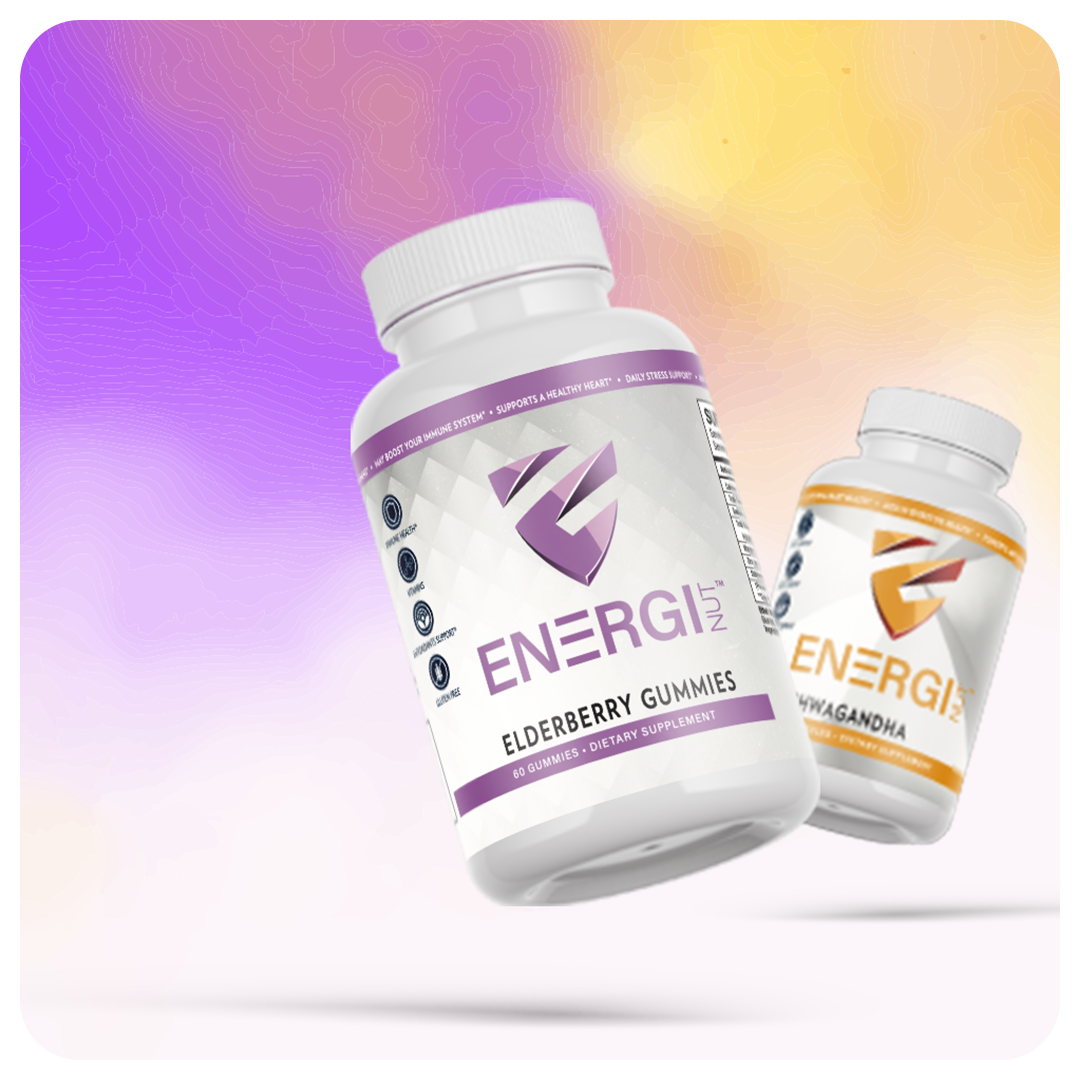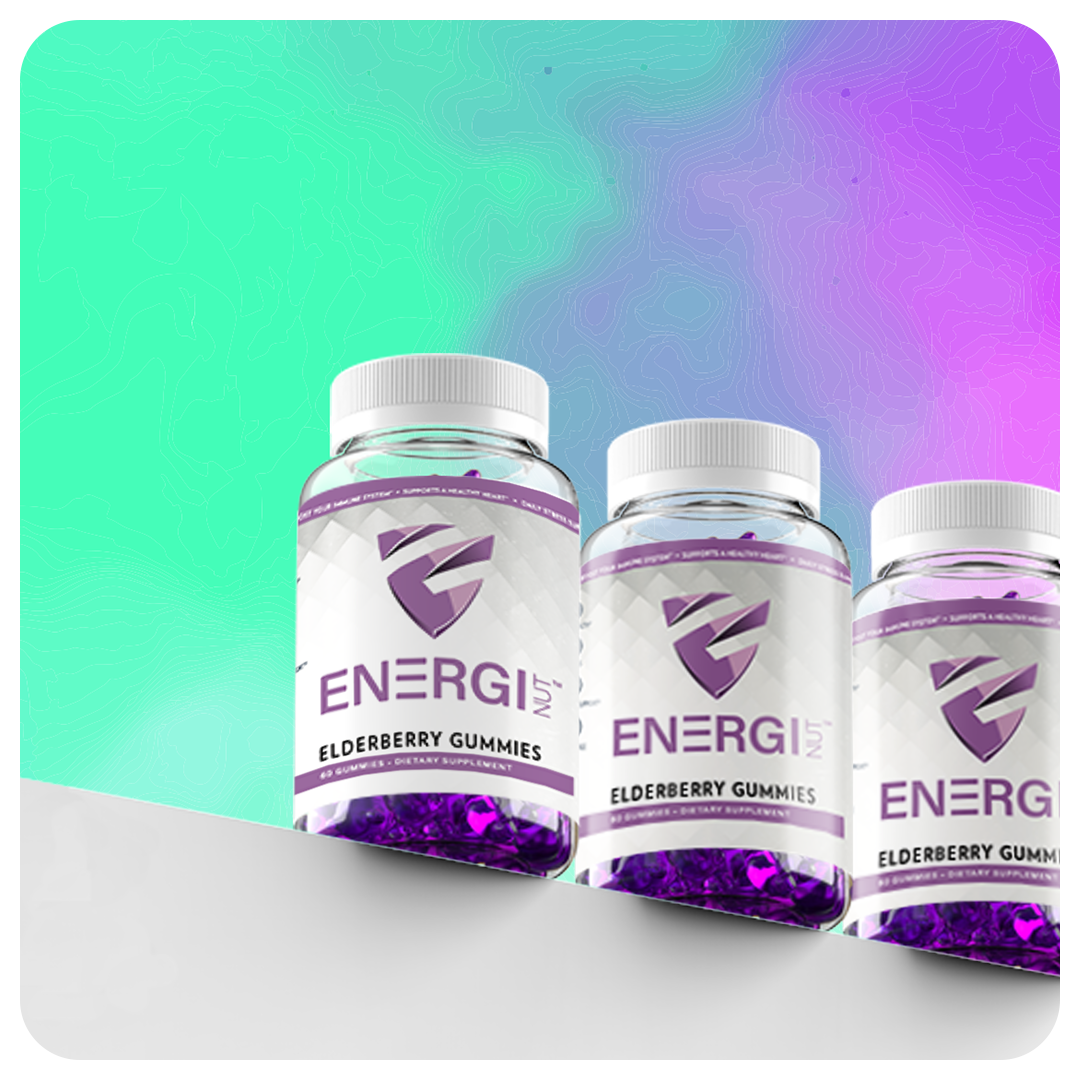What is Considered a Health Supplement?

In recent years, the conversation around personal health has shifted. With growing awareness of nutrition, stress, sleep, immunity, and overall wellness, many individuals have begun to incorporate health supplements into their routines. But what exactly is considered a health supplement, and how do these products work within the body?
In this guide, we’ll explore the definition of a health supplement, discuss how they’re used, share who can benefit most from them, and explain how to choose safe, high-quality options backed by science.
What is a Health Supplement?
A health supplement—also referred to as a dietary supplement—is a product formulated to add nutritional value to your daily diet. These products often contain ingredients like vitamins, minerals, amino acids, botanicals, probiotics, enzymes, and other substances that are naturally found in the body or in foods.
Unlike prescription drugs, health supplements are not designed to diagnose, treat, or cure any disease. Instead, they are used to support overall wellness and address potential nutritional gaps. This support can extend to immune health, energy levels, bone and joint strength, digestion, weight management, and more.
Supplements come in several forms, including capsules, softgels, powders, liquids, and gummies—making them accessible to people with different preferences and lifestyles.

Why Do People Use Health Supplements?
Even with the best intentions, most people do not get all the essential nutrients they need from food alone. Busy schedules, dietary restrictions, chronic health conditions, and poor food quality can lead to deficiencies. That’s where health supplements step in.
For example, many adults in the U.S. are deficient in vitamin D, especially in winter. Others may not get enough iron, B vitamins, or omega-3s—either due to lifestyle or limited access to nutrient-rich foods. Supplements help bridge those gaps and bring balance back to the body.
Some people also turn to supplements for more targeted needs. Athletes may use protein powders and amino acids to support muscle rec overy. Individuals with digestive challenges may take probiotics or digestive enzymes. Elderberry and zinc supplements are commonly used during cold and flu season to enhance immune response.
Who Should Consider Taking Health Supplements?
While supplements are not essential for everyone, certain individuals may benefit more than others. Here are some examples based on health expertise and clinical guidance:
-
Older Adults: Aging can affect nutrient absorption. Seniors often require more calcium, vitamin D, and B12 to support bone density, cognitive function, and energy metabolism.
-
Pregnant Women: Folate, iron, and DHA are essential nutrients during pregnancy and breastfeeding to support fetal development and maternal health.
-
Vegans and Vegetarians: These diets may lack nutrients like B12, iron, omega-3 fatty acids, and zinc. Supplements can help ensure adequate intake.
-
People with Food Allergies or Intolerances: Those avoiding dairy, gluten, or other food groups may be missing vital nutrients like calcium or magnesium.
-
Individuals Under High Stress: Chronic stress can deplete the body of magnesium, vitamin C, and B-complex vitamins, making supplementation helpful for stress resilience and energy.
It’s important to speak with a healthcare provider or a licensed nutritionist before starting a new supplement—especially if you’re on medications or managing a health condition.
What Makes a Good Health Supplement? Choosing Quality Over Hype
Not all supplements are created equal, and choosing the right one can make a significant difference in results and safety.
As a manufacturer, we understand the importance of sourcing clean, effective, and bioavailable ingredients. Here's what to look for when shopping for health supplements:
-
Ingredient Transparency: Trustworthy brands clearly list all active and inactive ingredients. Avoid proprietary blends that don’t show exact dosages.
-
Scientific Backing: Look for supplements backed by clinical studies or formulated by experts with nutrition science credentials.
-
Third-Party Testing: Reputable companies often use independent labs to test for purity, potency, and contamination (like heavy metals or allergens).
-
Natural and Clean Formulas: Choose supplements made without artificial colors, synthetic fillers, or unnecessary additives.
-
Proper Certifications: NSF Certified, USP Verified, and cGMP compliance are signs of safety and quality.
At Energi Nutrition, we stand behind every product we create. Our supplements are formulated with clean, natural ingredients, produced in GMP-certified facilities in the USA, and undergo third-party testing to ensure your safety and satisfaction.

Are Health Supplements Regulated?
Yes—but differently than prescription medications. In the United States, the Food and Drug Administration (FDA) regulates health supplements under the Dietary Supplement Health and Education Act (DSHEA) of 1994. This means that while manufacturers are responsible for ensuring safety and accurate labeling, supplements do not require FDA approval before being sold.
This makes it even more important for consumers to choose reputable brands that are transparent and science-backed. Look for those who openly share their sourcing, manufacturing practices, and testing processes.


